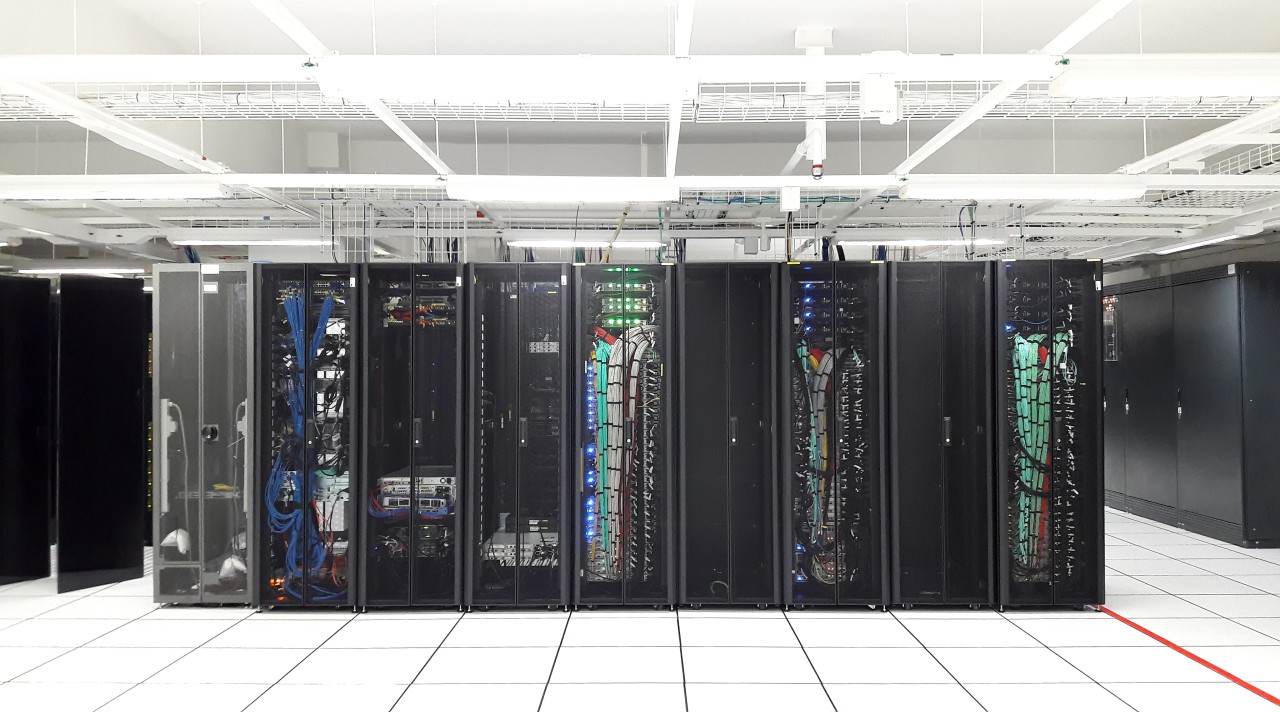By far and away the question I get asked the most by our customers (client and candidate) is “How’s the market looking for engineers?”. Sounds like an innocuous question, right? This is what I usually thought too. But after being asked this question and then having the same conversation with a dozen hiring managers just this week so far it made me stop and actually think about it.

The facts are pretty clear. The market is busier than it ever has been before. I could name you 10+ companies that are looking for engineers right now. I could also name you several projects where new sites are under construction and talent attraction plans are being built out. But one thing that is becoming more and more apparent is the pool of good quality engineers is getting smaller and of that pool less and less are wanting to move.
Don’t just take my word for it. The Uptime Institute released their first global staffing report earlier this year: ‘The people challenge: Global data center staffing forecast 2021-2025’. The report highlighted the challenges we face over the next five years (link at the end of the article) and came to the same conclusion that growth will reach all-time highs and that the current pool of engineers is nowhere near enough to accommodate.
In another article from DCD’s Graeme Burton (link at the end of the article), he summed up nicely our current state with the “Age-Old problem” within the industry where “veterans are retiring but who is going to replace them?”.
The more important question for me and the people I speak to is, “Are we, as an industry, doing enough to solve this problem?”
In my experience so far, the industry is massively disjointed in its approach. Some companies are trying some good initiatives but I’m a firm believer that we could be doing so much more.

Related industries
We have seen with the recent pandemic a real change in the visibility of Data Centres. All of a sudden, these secret hidden-away buildings have become big news and as more and more people hear of the industry, we have a great opportunity to bring high quality engineers over from other related industries such as, pharmaceutical, manufacturing, production, aviation & ex-forces engineers all have heavily transferrable skills. We are beginning to see more of these engineers take up roles within the DC market but there is still a block with a number of companies who struggle to come to terms with the idea they made need to hire someone without direct Data Centre experience. We need to open up our thinking and work on way to attract and then retain these engineers. They will be the ones who can most quickly replace the current crop of experienced and nearing retirement engineers.

Attracting the next generation
This is an area that up until recently was practically impossible to do when the market was so secretive and so hidden. We are seeing some of the particularly large companies offering courses or qualifications for younger people or apprenticeship and graduate programmes being rolled out. But it is so sporadic across the industry. We have a real opportunity now to grasp the attention of the younger generation. Data Centres are more prominent in young people’s lives with the explosion of social media, popularity of green initiatives (such as electric cars) and even online gaming all fully dependant on Data Centres to store their Data. Now is the time to educate and open the industry up to the next generation. Every single company should already be thinking about and implementing strategies in this area so we can ensure that longer term things will be secure.

Diversity & inclusion
There is very much still that macho construction feel about the Data Centre sector. The industry is historically heavily dominated by white males (like me!) and more has to be done to change that perception and attract people of all genders and backgrounds. This is not something that can be fixed quickly, perceptions take time to change but companies must act now to ensure that their culture is an appropriately open one. Longer term the focus has to be on educating our youngsters on the industry and demonstrating that all are welcome and will have the same opportunities regardless of sex, ethnicity or background. There are some companies leading the way here but again more can still be done to diversify our workforce and open it up to as many people as possible, while importantly not excluding and discriminating against those already within it.

We can do more…
I am firmly of the belief that more can be done to help. In the short term with clients thinking more outside of the box and being more flexible with their requirements. In the medium term with an adjusting of company culture to feel more welcoming and inclusive. And finally in the long term with education and outreach programmes to attract the engineers of tomorrow.
It’s possible but only if we all pull together. In the words of my colleague, Sam Denham (stolen from Nigel Adkins, ex-Southampton FC manager), “Together as One”.

You can download the Uptime Institute report here – https://link.uptimeinstitute.com/jBrI0225R005B0o0AZ80n00
You can read the DCD report here – https://www.datacenterdynamics.com/en/marketwatch/data-center-builders-facing-age-old-problem-retirement-youth-recruitment/
Written by Ben Palmer, Sector Lead FM & Operations
Contact him Here














